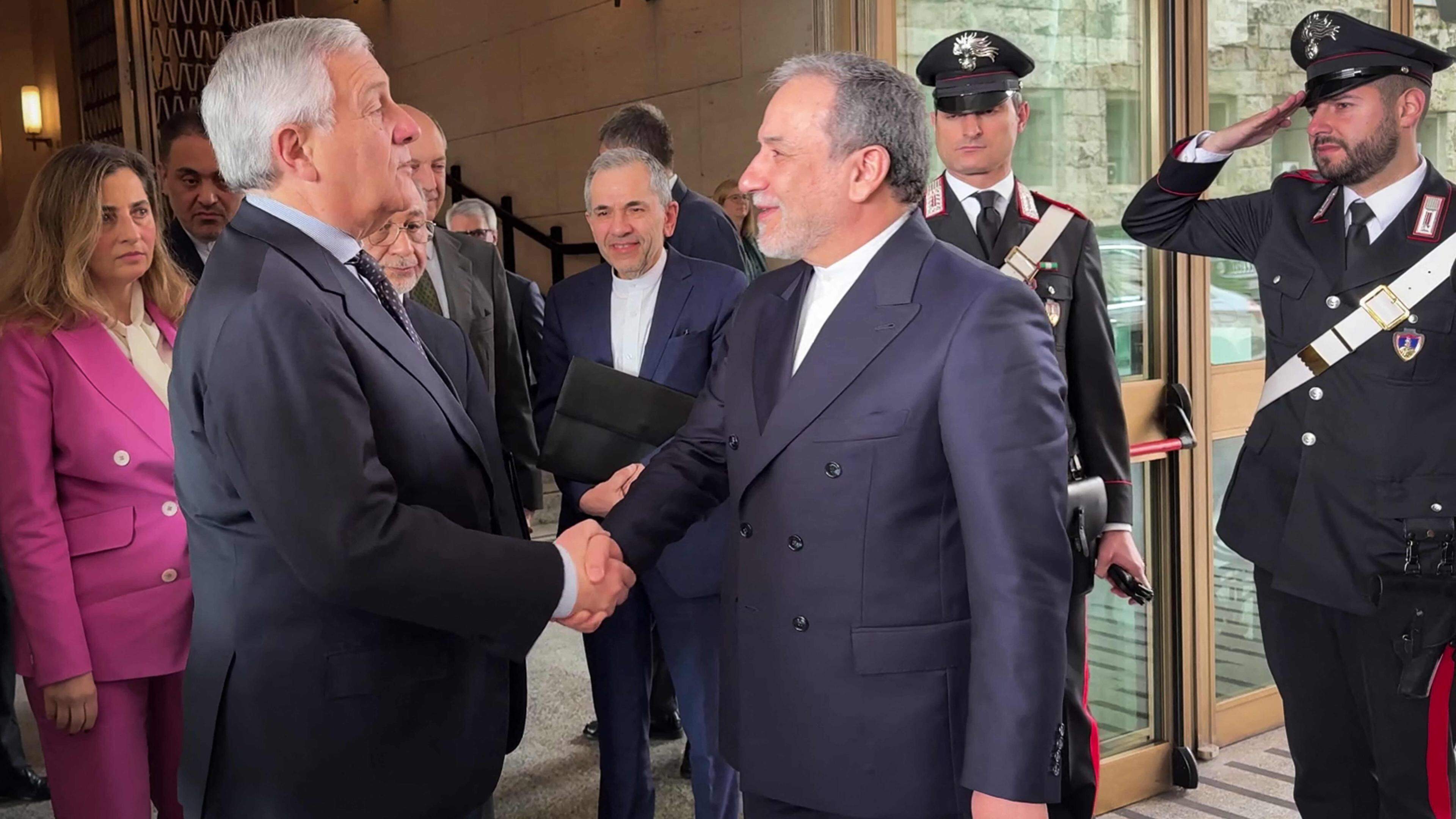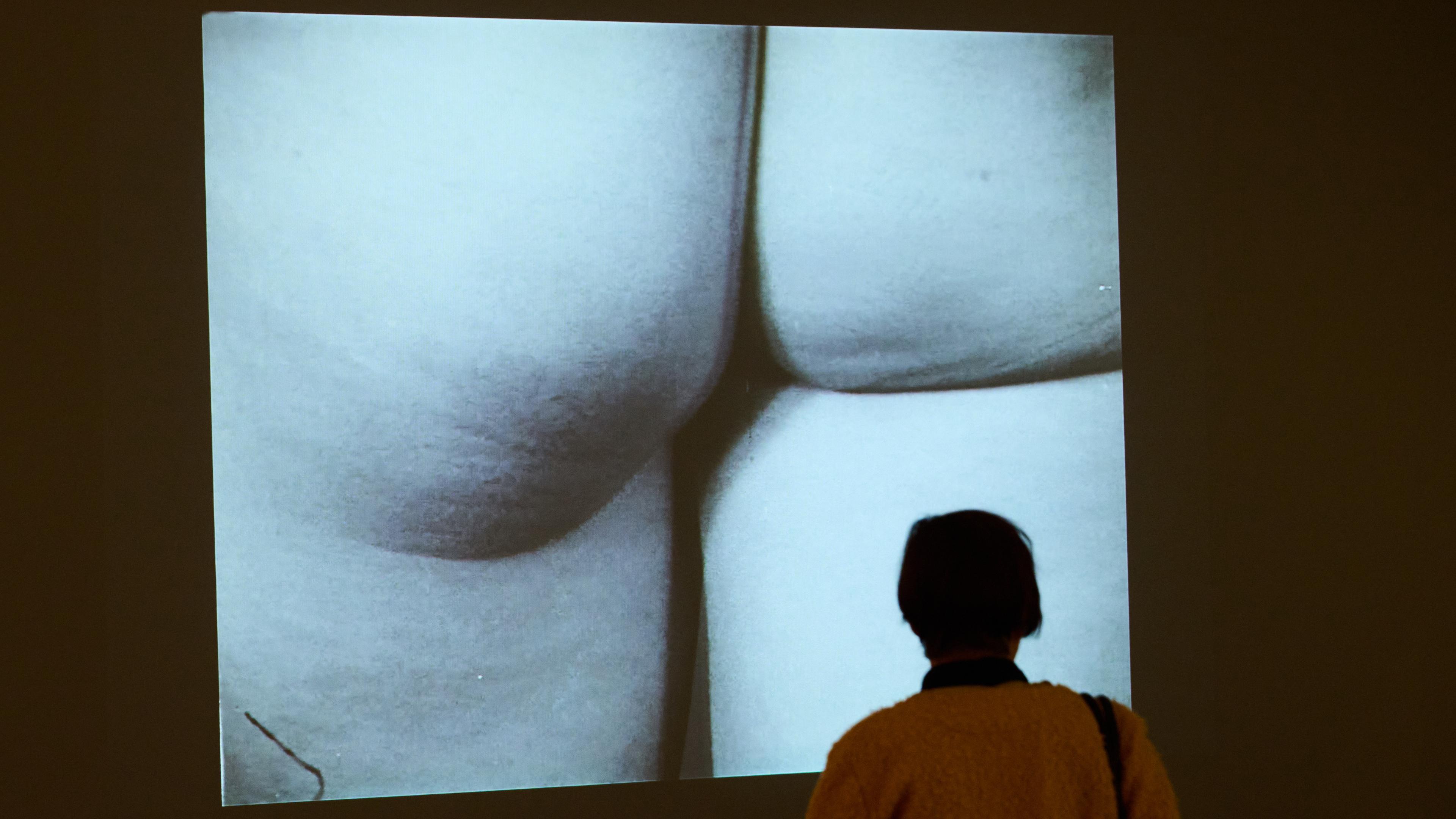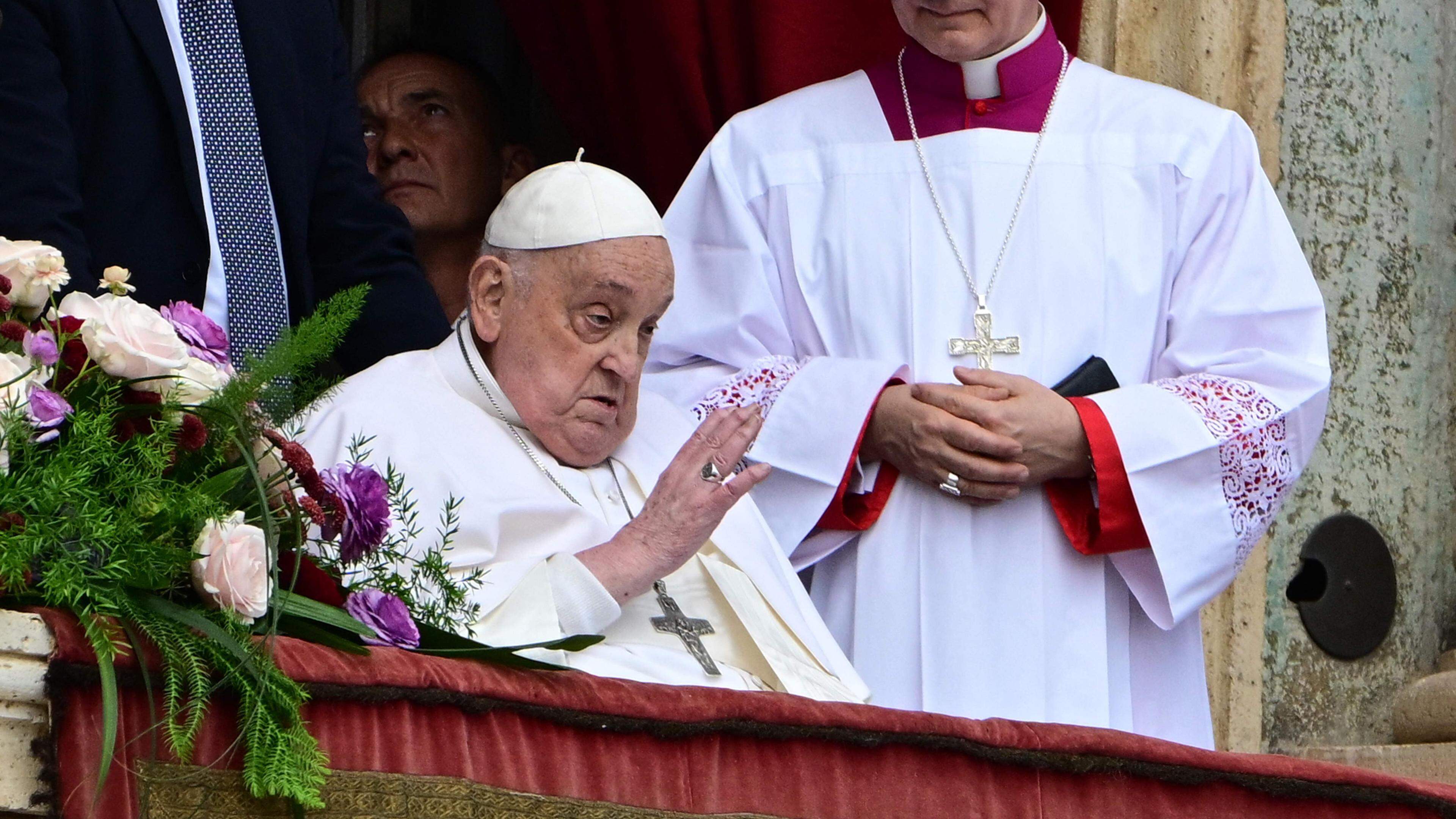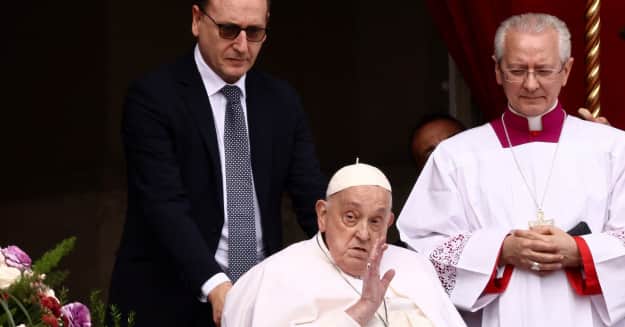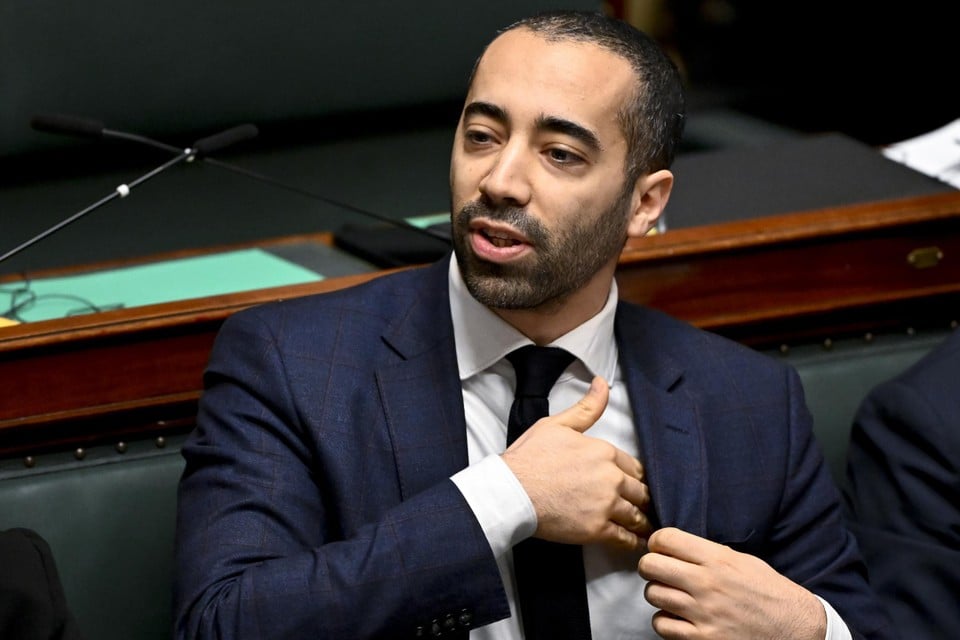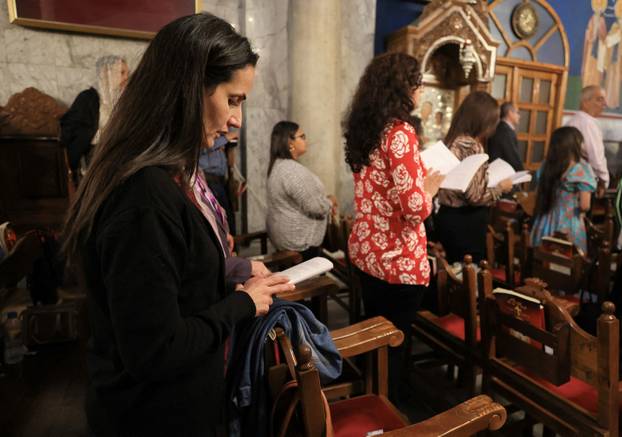Grand Duke Henri: « Friendship to Portugal will last forever »

When he went through the corridors of the Aristides de Sousa Mendes Museum, in which the legacy of the Portuguese consul, which saved more than 30,000 people from persecution by the Nazis, became emotional. Henri was touched when he saw the names of his grandparents, his father and uncle among the people who were saved by the diplomat and was a symbol of hope for the Portugal in times of war.
The Grand Duke traveled to Portugal on Thursday to visit the museum in the remote village of Cabanas de Viriato in Carregal Do Sal in the VieU district. It was a personal matter for him. He did not want to leave the Luxembourg throne, without Aristides he considers a « hero » to honor the honor.
The names of my grandparents, my father, my aunts and uncle, was very emotional.
Grand Duke Henri
It was the last time he visited the country as head of state. Overall, he visited Portugal three times in his function as a Grand Duke. Something « extraordinary » in the history of the Luxembourg monarchy, as he even admitted in an exclusive interview with contacto. What many do not know is that Henri was also on other personal occasions in Portugal. « About six or seven times, » he reveals. And he will probably return to Portugal in retirement.
This is a clear sign of the historical gang between the two nations that emerged, as Guillaume IV, the later Grand Duke, the Portuguese Princess Maria Ana de Bragança, daughter of Portuguese King Miguel. From 1905 to 1912, the monarch was a grand duchess of Luxembourg and took over between 1908 and 1912, during her husband's illness, the state's leadership.
Close and personal connection to Portugal
So Henri has Portuguese DNA and has always honored his origin throughout his reign. He also did this in this interview, in which he thanked the Portuguese community, which was involved in the structure of Luxembourg. « We will always be very grateful for what you have done and still do, » he said.
And the Grand Duke has no doubt that this connection is not just a snapshot from the past. It will continue to exist in the future when Prince Guillaume directs the fortunes of Luxembourg: « Friendship to Portugal will last forever, » he said.
This feeling that the two nations connects was also felt on the arrival of the Grand Duke and the President of the Portuguese Republic in Cabanas de Viriato. People took to the streets to greet Henri and Marcelo Rebelo de Sousa. After all, it does not happen every day that two heads of state visits this quiet village in the Vieu district.
The Grand Duke was expected by Portuguese emigrants in Luxembourg. And when he was from the locals with a 'Moien' was welcomed, he did not hesitate. He went to those who waved him, distributed a smile and wanted to know the stories of those who shared a cultural identity with him. He could not hide his astonishment when he heard « bite », « different », « Lasauvage ». He felt « at home ».
You are in Portugal to visit the Aristides de Sousa Mendes's house museum and honor a symbol of peace during the war. Do you think the former Portuguese consul is a hero?
I believe that when he was a consul in Bordeaux, he acted out of conviction and because of his values. But in retrospect, more than 80 years later, it is clear that he was a hero. It was a lot of courage to face your own government under António de Oliveira Salazar. And above all, to take a risk without knowing what would happen to his family if he were no longer a consul in Bordeaux. You can feel a lot of emotions when you walk through the house museum.
Grand Duke Henri is welcomed in Portugal with a happy “Moien”
Were you very moved during this visit?
Very, very even. Especially because my own family went through something like that. The names of my grandparents, my father, my aunts and uncle, was very emotional.
Is there still heroes today?
This is difficult to say, because they usually only appear in big crises. In addition to Aristides de Sousa Mendes, there were also others like Churchill and de Gaulle during the Second World War. Without the conflict, they would not be considered heroes. I think you need the right conditions to become a hero. But there are also heroes in everyday life. There are people who save others from drowning in a river. That happens every day. So, yes, there are more underserved heroes, but not as many world heroes as Aristides.
Luxembourg and Portugal have a long history. How do you see the relationships between the two countries in the future?
I think the future between Luxembourg and Portugal will be promising. In fact, we have a long history that begins with the fact that I have Portuguese great -grandparents from which I descend. So there is a family connection between the two countries.
And of course the fact that my grandparents went to Lisbon during the Second World War, where they received help from the Portuguese authorities to stay in exile in Portugal before they went to the United States, Canada and the United Kingdom.
But the connection is also due to the incredible immigration of the Portuguese population, which began in the 1960s thanks to a political agreement between Portugal and Luxembourg, which enabled a large number of Portuguese emigration. And we are very happy that we have them because they are committed workers.
We will always be very grateful to the Portuguese community for what it has done and what it still does. Some of them even belonged to the government, like Félix Braz, who was Minister of Justice. There are many success stories from immigrants who came to Luxembourg very poor and whose generations have achieved a lot thanks to their hard work.
Did you talk to Prince Guillaume about this relationship between the two countries?
Yes, of course. But he knows this relationship very well.
The prince has already said that he feels at home in Portugal …
Yes, that's true. We really feel at home when we are here. When we are in Luxembourg, as you know, we are surrounded by Portuguese. Portuguese also work in the house in which we live. I think this friendship will last forever.
Would you accept an invitation from Donald Trump to visit the White House in view of the fact that your grandmother lived in exile in the United States?
This is a difficult question, and the government would certainly not accept that I will travel to the United States and visit the White House. Politicians also change and we always have to have hope for the future.
During their term, they repeatedly addressed the topic of climate change. Are you concerned about the legacy that we will leave the future generations?
During a visit to this region, the devastation by the fires can still be seen. Actually, this visit should have taken place in September last year, but it was not possible because of the fires in the surrounding villages. Climate change is a reality and we have to do something to reduce the effects of CO2 into the world. And that's something that we all have to contribute to: Europe, the United States of America and the rest of the world.
But I believe that everyone bears their part of responsibility by trying to reduce their own waste and respect nature. The biological diversity is of fundamental importance, because without the rest of the flora and fauna we could not live. It is our duty to protect nature.
A look into the future. This year you will leave the throne that is taken over by Prince Guillaume. Did you give him advice for his new office?
Of course I told him different things, but he was brought up on the principle of the monarchy with the aim of becoming my successor. So he is very well prepared. We have spoken a lot together, and I have no doubt that he will be an excellent Grand Duke and can perform his tasks, as the previous generations did.
This is probably your last visit to Portugal as a Grand Duke. Do you intend to visit the country after your retirement?
Yes, there will certainly be many opportunities to return there. I have been to Portugal many times and traveled a lot through the country. I have friends and family here. There will be many opportunities to return.
Aristides de Sousa Mendes
Aristides de Sousa Mendes went down in history when he saved around 30,000 people, including Luxembourgers, from the Nazis during the Second World War. He did this against the will of the then dictator António de Oliveira Salazar, who had banned the consuls due to the neutrality of Portugal during the war to exhibit foreigners with unexplained nationality, stateless or Jews.
It was in 1940, in one of the most critical years of World War II when Aristides de Sousa Mendes gave them a visa for the trip to Lisbon in Bordeaux. Grand Duchess Charlotte, her husband Prince Felix and her children, including Grand Duke Jean (Henri's father), as well as members of the then Luxembourg government were part of the group that left Luxembourg.
The Luxembourg kings stayed in Cascais, where the Casa de Santa Maria de Cascais is today. After a few weeks, Charlotte sent her family to the United States and stayed in Portugal to react to the annexation through the Nazis. The Grand Duchess decided to resist and spent 101 days in Portugal before going to London, the United States and Canada.
This text appeared in the original « »Contacto. Translation and editing: Amélie Schroeder.

